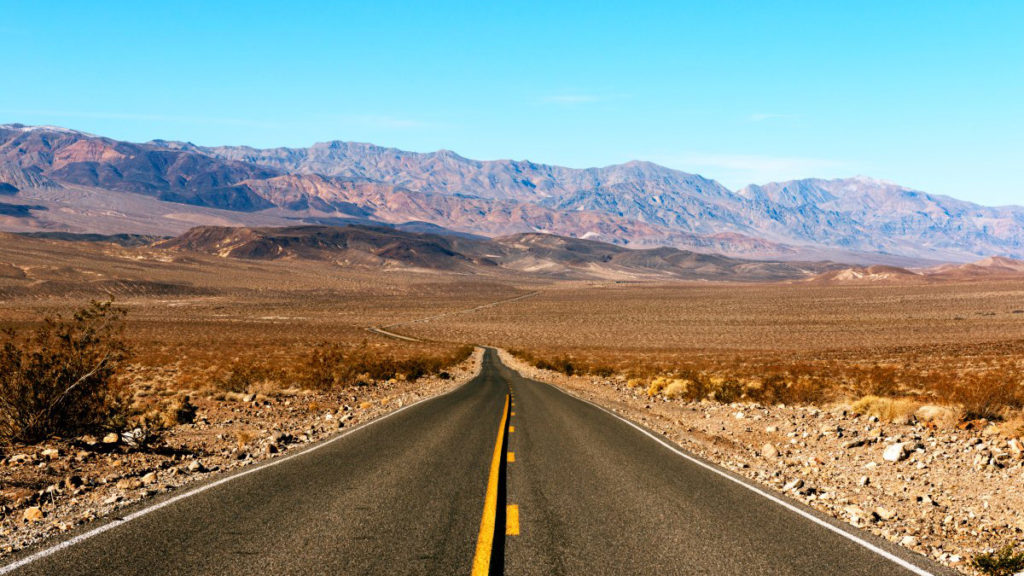Last Updated on September 27, 2024 by Kristin

Sure, flying is faster. But nothing beats a road trip for instilling a sense of adventure and letting you actually see—not simply fly over—the changing landscape. Hitting the open road is a rite of passage that’s both liberating and eye opening. Follow these tips to ensure that your next road trip in a rental car is your best yet.
Dos and Don’ts for the Perfect Road Trip in a Rental Car
Even if you already have a car, renting one can provide you with some extra space or better mileage than your personal vehicle offers. Rental car companies tend to keep cars in their fleet in great condition, which is another plus if you’re at all worried that your own car might not be up to a long haul.
The trick to getting a great rate on a rental car is to book as far ahead as possible. When you ask AutoSlash for a quote, we scour the Internet to find the best deals and discounts—and we also factor in your memberships and clubs so no stone is left unturned.
Next, ask AutoSlash to track your reservation. Rental car rates rise and fall. If we see a price drop, we’ll shoot you an email alert and you can cancel your booking to get the lower price.
Do think about insurance before you get to the counter.
Do you need to buy car rental insurance at the counter or do you already have it through your personal auto insurance or credit card benefits? If you own your own car, you can probably pass on the rental company’s collision damage waiver because your personal policy is likely to cover rental cars. You might also be able to decline the waiver if paying for the rental with a credit card that offers primary coverage. But always, always, always check before you arrive at the rental car counter.
Do consider geography and mileage.
While most rental cars come with unlimited miles, it’s not always the case. There can also be some strict geographical limitations on where you can drive with a rental, especially at some budget or smaller companies such as Sixt and Fox Rent a Car. Do your homework to avoid being on the hook for hefty fees if you break the rules. It’s always a good idea to disclose your itinerary to avoid any potential problems.
Don’t overpay for gas.
Slicing a few cents off the price of a gallon of gas can lead to significant savings over the course of a road trip, but hunting for a bargain can be tricky. Wandering too far off the beaten path can cancel out the purpose of seeking more affordable fuel, but pulling into the first gas station off the highway might mean missing out on a better option right around the corner. Never fear; there are tools to help you find the cheapest gas no matter where you are.
Do think about entertainment before you go.
Don’t be tempted to rent satellite radio from the rental car company. There are many inexpensive ways to fill your car with music, audiobooks and podcasts for free. Just bring your smartphone and a good charger, and you’re good to go.
Do chat up locals.
Striking up conversations with folks who live in the area can take a trip from meh to marvelous. Locals are not only nice, they are better informed than Yelp or TripAdvisor. Looking for a great place to eat? The trick to getting great recommendations is to be as specific as possible. Don’t just ask for a great pizza place. Let them know you like thin crust and lots of topping options, and you want a place without loud music.
Do get a heads-up on weather conditions.
Before setting out on a trip, check to see what road conditions might lie ahead. Weather events cause more than one million crashes every year on average in the United States and result in approximately 6,000 deaths and a whopping half a million injuries, according to the U.S. Department of Transportation. Storms, snow, ice, heavy rain, hail, dense fog, and severe crosswinds can make for extremely hazardous road conditions.
Don’t get burned by toll roads.
Depending on where you’re going, toll roads can wind up adding a tidy sum to your travel costs. Instead of opting for a pricey toll pass from the rental car company, it’s much more economical to bring your own. Research where your own transponder works or, if you don’t have one, consider purchasing a toll pass before your trip.
Related:



